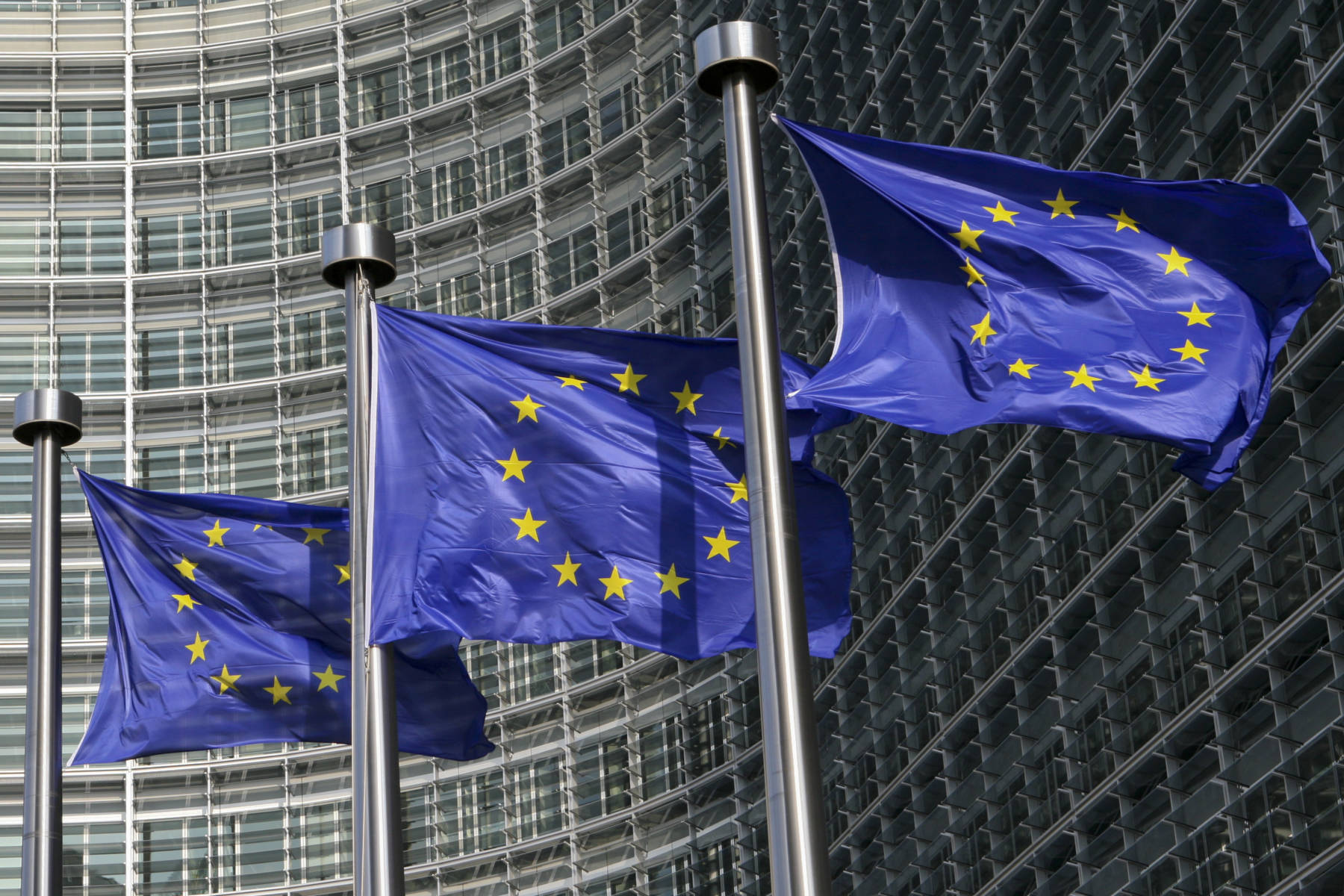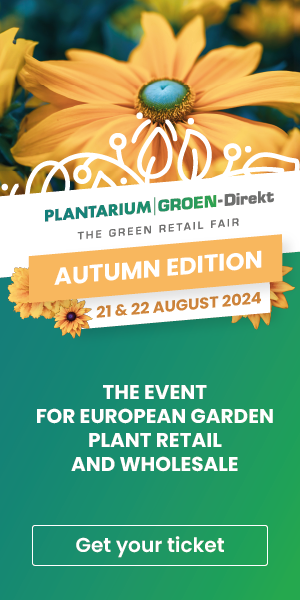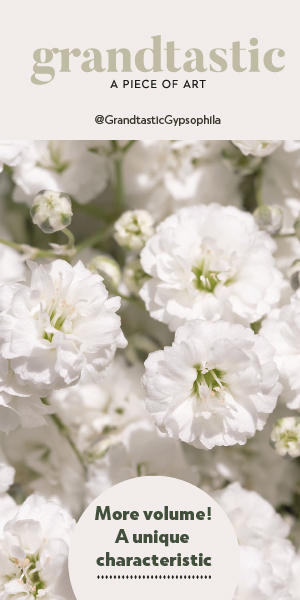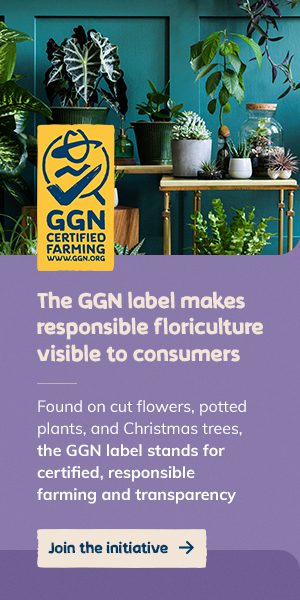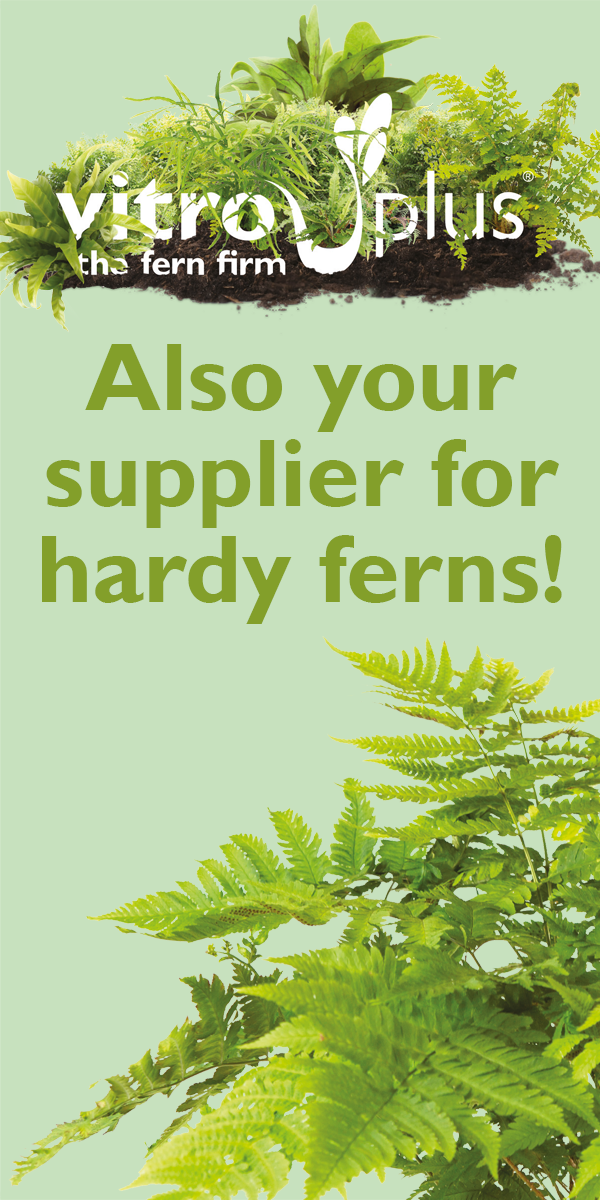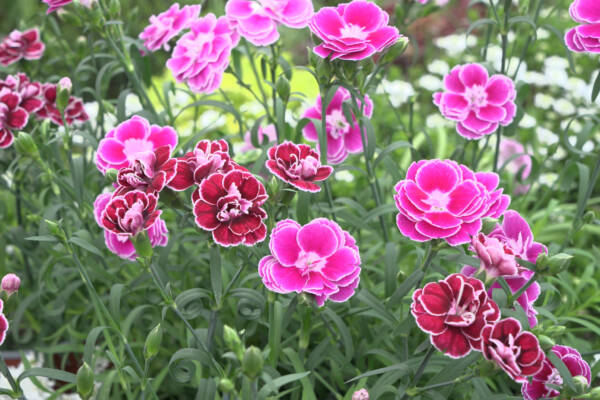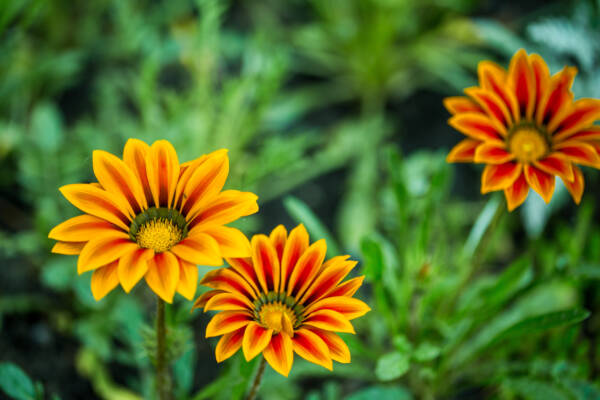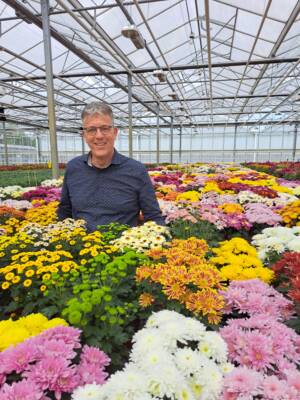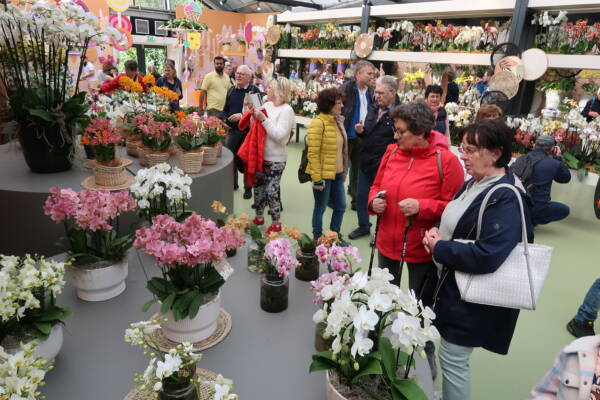ZAGREB, Croatia: EU agriculture ministers discuss the severe impact COVID-19 pandemic is having on the agri-food sector. Complicated and burdensome European rules, a disastrous shortage of seasonal workers, significant delays at the EU’s internal borders and tonnes of unwanted flowers ending up in the landfill at the world’s most famous hub of global flower trade have sparked calls for immediate action.
Last week on Wednesday 25 March, the EU ministers of agriculture met via a video conference led by Marija Vučković, agriculture minister of Croatia. This country currently holds the rotating EU presidency.
For the occasion, Dutch agriculture minister Carola Schouten made a remarkable plea for help from her EU counterparts, highlighting the unprecedented losses, crop destruction and market’s freefall in the ornamental horticultural sector across Europe.
Horticulture lobbyist, Eveline Herben, saw how Agriculture Commissioner Janusz Wojciechowski and other member states shared Schouten’s concerns. There are unprecedented losses in Europe’s floriculture industry, especially in the Netherlands a country that dominates the trade in flowers and plants.
During the four-hour meeting, all 27 member states pointed to the most pressing issues in their respective agricultural sectors.
Based on this first assessment, the Commission indicated that it would give priority to measures sustaining the Union’s food production and securing stable food supplies. A concrete aid package for agriculture is not yet on the agenda. However, the Commission clarified that the introduction of the ornamental horticultural sector would also fall into consideration.
Before the meeting, the association of Dutch flower auctions (VBN) and the international flower trade association Union Fleurs, represented by Sylvie Mamias, had already taken a pro-active approach putting forward the idea of the ornamentals sector preparing its proposal. Herben says, “We need to speed up decision making and also provide the Commission’s staff with in-depth knowledge about the sector and its value to the European economy. Anyhow, the absence of that knowledge is not something the Commission can be blamed for as the floriculture industry has always been a vital part of the free market economy, self-sufficient, resilient and not relying on subsidies as stipulated in the Common Agricultural Policy.”
Herben explains that to be granted European support for horticulture is more than filling in some forms. “The application has to have a sound legal base and be possible to implement into existing regulations. It should include a method for compensation of incurred losses, a tool that must be reliable and easy to verify. Our goal is to present the Commission with a quick, simple and effective scheme to help the sector stay afloat and restart once the crisis is under control.”
Europe’s ornamental horticultural sector as a whole should back this application. Herben notes, “As such, we collaborate closely with trade associations in other member states to find out what the scheme should look like and which legal instrument we can use.”
The lobbyist says that the situation is unique and not comparative to the Russian boycott on fruits and vegetables or the EHEC crisis in the fresh produce sector. The sector’s broad product portfolio is an extra complicating factor as is the availability of reliable figures. “In the Netherlands Royal FloraHolland is the beating heart of the flower industry providing precise data on a daily basis. However, in other member states statistics are not kept centrally, and it is much more difficult to estimate the damage in advance.”
Herben finds it important to work together with umbrella organisations in the supply chain, the production organisations in the EU through the umbrella organisation Copa Cogeca, of which the VBN is a member, the trade through Union Fleurs, and ENA, the European Nursery Stock Association is now also on board.”
Last week, the Netherlands, Germany, Austria and Finland opposed a common debt instrument – the so-called coronabonds to help all members states overcome economic hurdles during the ongoing health crisis. This stance sparked an outpour of rage, especially in coronavirus-hit southern Europe with the President of the European Parliament, David Sassoli taking to Twitter asking the Dutch to who they will sell their tulips to if they undermine Europe’s single market?
Herben adds candidly that the Dutch position in the European Council last week caused a lot of emotions in Southern Europe and has not made things easier. “It doesn’t help if the request for support for Europe’s ornamental horticultural industry is now seen as a Dutch request only. However, the reality is that the Netherlands hopefully will set up a national emergency fund for its floriculture sector. While other countries within the EU might be in a greater need for an EU fund for their horticultural sectors. That is why the collaboration with the European umbrella associations defending the interests of the industry is fundamental for its chance of success.”























